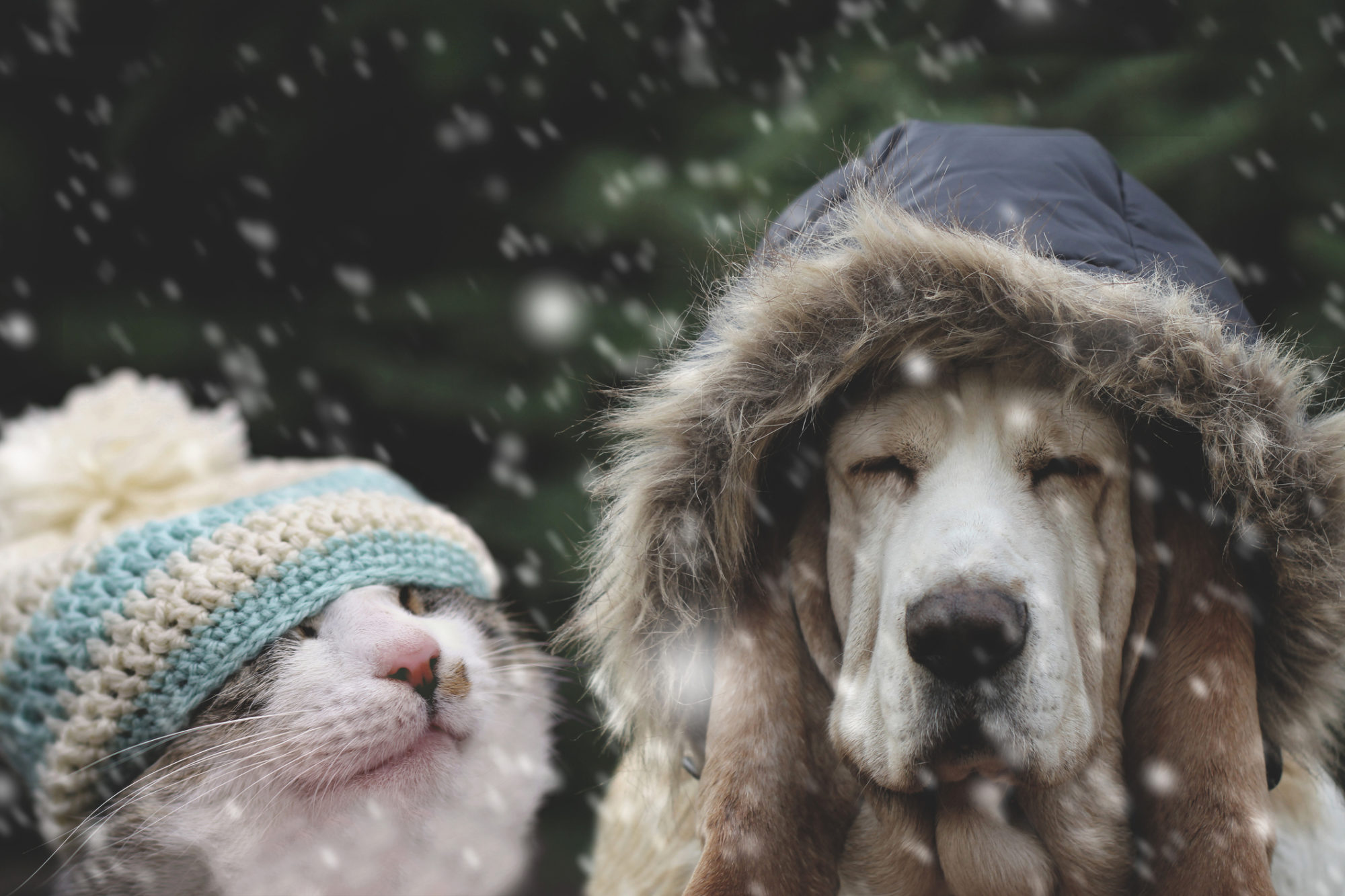Keep strange pets in danger.
Pets should not contain lions, barracudas, wolves, bears, serpents, and non-human primates. As potentially unsafe wild animals, these animals don’t adjust well to detention. Privately owned exotic animals cannot be decided in most states. The lack of accurate narratives, however, makes. The number appears high. Individuals own 5,000 tigers alone. The USDA, CDC, and AVMA don’t recommend exotic animals for individual ownership. Exotic animals are not good companions. Their caretakers need special housing, diets, and maintenance. Privately owned animals suffer from poor care.
Anyone who comes into contact with them is also at risk. In many cases, exotic animals’ temper is recast rather than their care. Some of these tactics include confinement in small, barren enclosures. Chaining, beating “into submission,” and even painful mutilations. Zoos and other institutions, such as covers, usually take over exotic pets. For individuals who cannot care for themselves. Zoos and accredited clubs, however. It cannot possibly accommodate all the unwanted exotic animals. Consequently, these animals are often euthanized. Abandoned or condemned to miserable lives.

Trade in Exotic Animal Pets
Animals for the exotic pet trade come from various sources every year. Captured animals are transported to multiple countries for sale as pets. Others are surpluses from zoos or their offspring. Backyard breeders also provide exotic animals. Getting exotic pets is absurdly easy. There are over 1,000 Internet sites where you can buy, sell, get care advice, or haggle over a price, providing a wide variety of exotic pets for sale. The Animal Finders’ Guide advertises ads from dealers. Private parties, breeders, ranchers, and zoos. Yet these sellers fail to mention the state or local laws that govern the personal possession of exotics and their dangers, difficulties, and physiological needs. Unqualified and hapless buyers of exotic pets don’t seem to. To care about the suffering of the animals.
Putting the crowd at risk
Naturally, exotic animals threaten their lessors, neighbors, and the community. Alien animals held in secret hands have struck humans and other animals. Escaped enclosures and roamed freely throughout the country. By their very nature, exotic animals can be dangerous to humans, including tigers, monkeys, and snakes. Exotic pets are generally isolated and spend most of their day in small enclosures. Unable to roam freely and express naturally. Behaviors despite being territorial and requiring group interaction. Animals like these are ticking time bombs.

Private individuals most commonly own monkeys. Two-year-old monkeys exhibit unpredictable behavior. Both males and females bite to establish dominance and defend themselves. Many monkey bites have caused severe injury to either the owner, a neighbor, or a stranger. Between 1990 and 1997, 52 people reported being bitten by macaque scamps. It is stated that “owners of pet macaques often fear confiscation. And possible death of their creatures if they write bite damages from their pets.” Lions, barracuda, leopards, and pumas are other cats normally kept as pets. As these exotic animals grow, they are cute and cuddly. But they can cause severe wounds and exact death. Animals can attack innocent individuals even if they seem friendly and loving. Large cats have escaped from cages and terrorized communities. Several incidents have occurred in which people have been injured. Or killed by reptiles, including all types of snakes and lizards.
People have been bitten, strangled, and escaped pet reptiles nationwide. About 3% of U.S. families have 7.3 million pet serpents, which can impose severe injury via bites or contractions. Around 7,000 venomous snake tastes are reported annually in the United States. There have also been reports of snakes strangulating people. According to reports, a pet python strangled a 3-year-old boy in Centralia, IL, on August 28, 1999: child endangerment and unlawful possession. A dangerous animal was charged against the parents.
Health Risks to Humans
Human health is at risk from exotic animals. Exotic animals can transmit zoonotic diseases. Herpes B, Monkey Pox, and Salmonellosis to humans. In 80 to 90 percent of monkeys, the Herpes B virus infects humans. The monkey sheds the virus intermittently when it is ill, stressed, or breeding. Infected macaques shed the virus about 2% of the time. A person clearing may bite, scratch, sneeze, or spit on them. Monkeys rarely exhibit any signs or symptoms of shedding. In 1932, 21 of the 31 documented infections were fatal. Macaques rarely transmit herpes simplex virus infections or undetected asymptomatic infections. Herpes B has never been dug enough, making. It was challenging to resolve how many people have the disease. The virus can be leased by somebody laboring with infected mischiefs.
Primates can cause severe lacerations with their bites. Deformations can be forced by infected pulls running the bone. It is still unclear how often bites occur. Non-human primate bites are among the worst animal bites. Yet little study has been conducted on them.
Exotic Animal Possession Laws
A patchwork of federal, state, and regional laws hold the sale and control of exotic animals. A person with alien beasts must comply with all federal, state, and provincial laws. Lacey Act, Public Health Service Act, and Endangered Species Act hold it in place. Yet, these laws especially restrict the importation of exotic animals and not their secret possession. They were possessing, selling, or buying risk species. The Internet is denied under the Endangered Species Act (ESA). In reserve to not regulating private possession, the ESA allows. The U.S. Environmental Protection Agency (EPA). To indict those who illegally have risked species. “Generic” tigers (subspecies that have interbred) are not at risk. As they can be born and owned somewhat. Non-human primates and their descendants cannot. Be imported into the United States. For any purpose other than scientific, bookish, or exhibition after October 1975. Under the Lacey Act, the U.S. government. Can prosecute people who possess illegally obtained beasts. It allows the USFWS to prosecute individuals who have received. Unlawfully, exotic animals do not regulate private possession.










